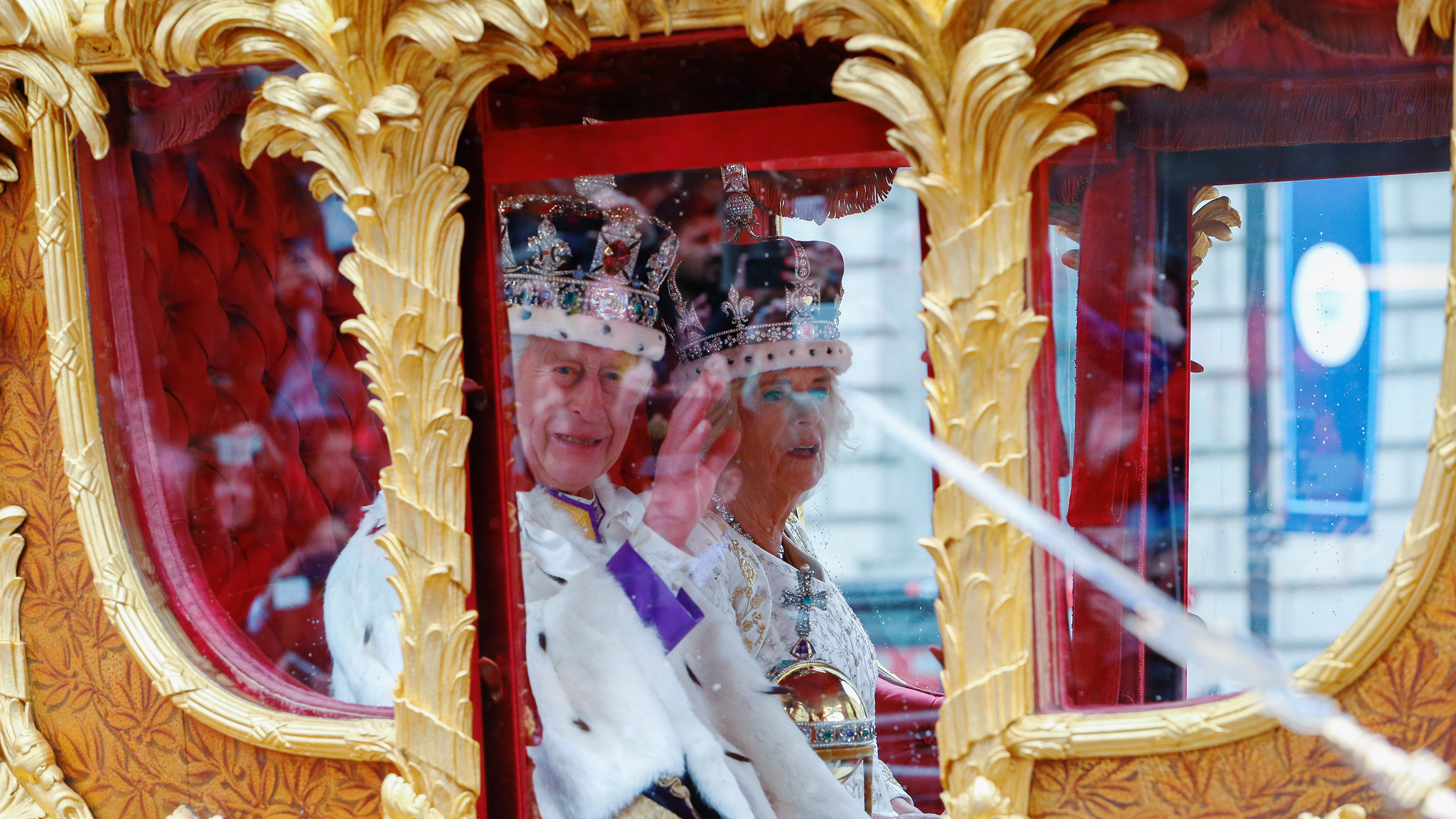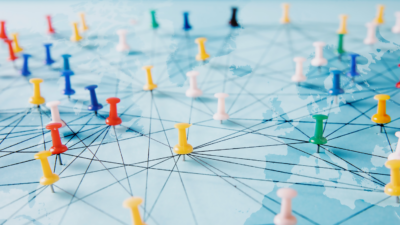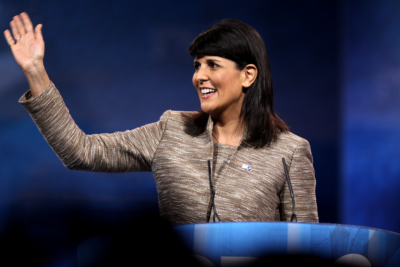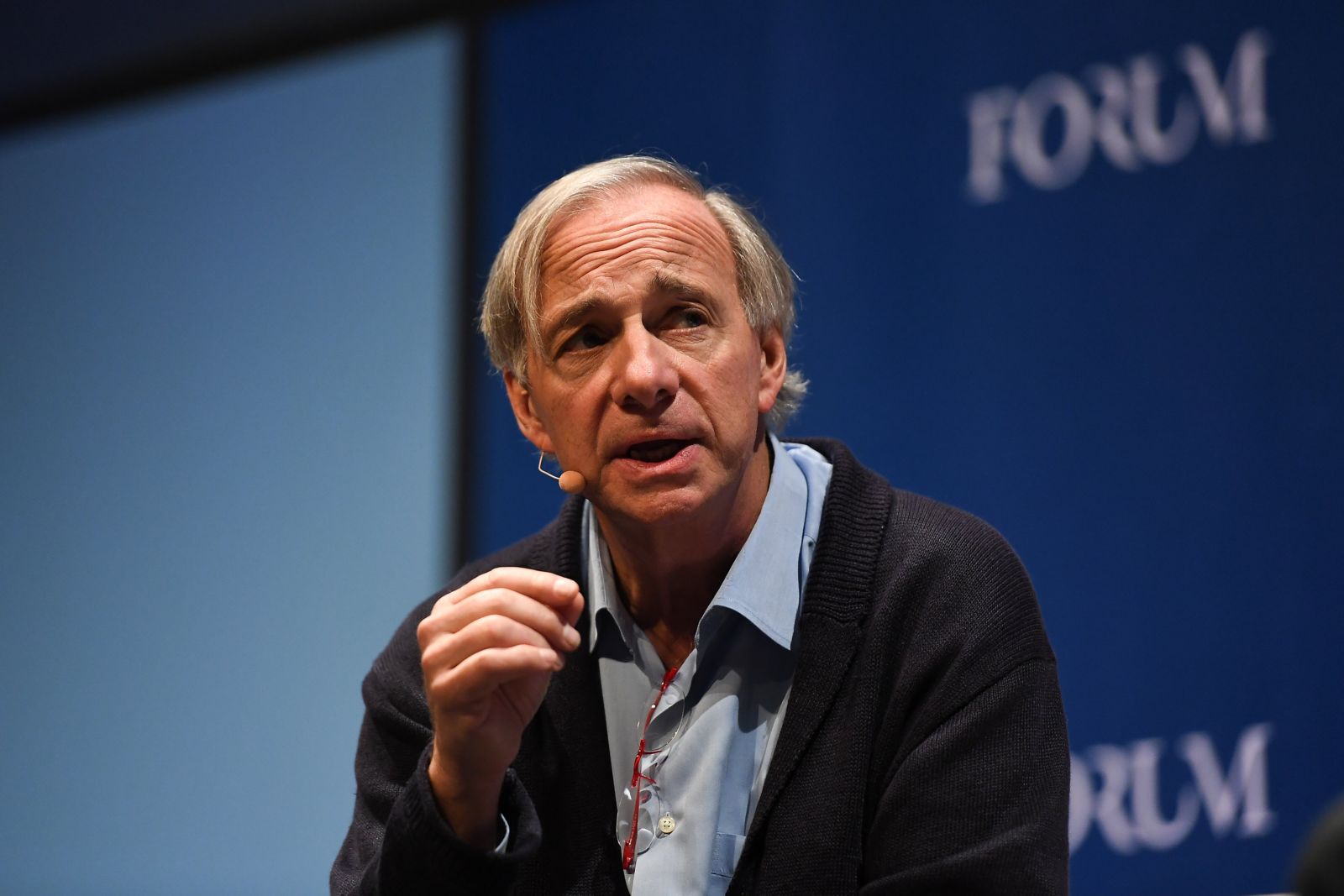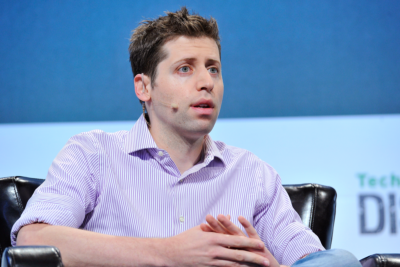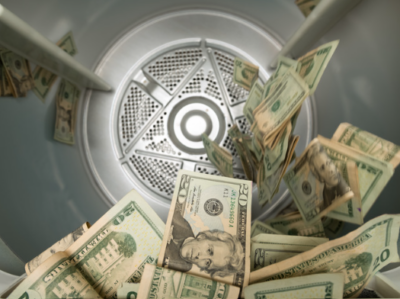Sign up to unveil the relationship between Wall Street and Washington.
If tax havens refuse to change, then what can stop them?
The Year of the Dragon is nigh – and, as ever, it signifies imperial power.
One modest example: gold-dipped Coronation carriages.
But it also represents innovations and ideas that have the capacity to change the world.
This year, the vicissitudes of imperial power – not to mention presidential power – appear to be on a collision course with heightened demand for transformational change.
But how does this play out in places long steeped in secrecy?
Perhaps nowhere is more tight-lipped or unforthcoming than the world’s top tax havens, where trillions of dollars are tucked away on behalf of multinational corporations and high-net-worth individuals, heirs and families.
Late last year, UBS released its Billionaires Ambitions Report, which, for the first time ever, indicated the newest billionaires derived the lion’s share of their wealth from their inheritances, rather than earning their own money.
And a lot of that money is in tax havens.
In the U.S. alone, a recent academic study sourcing foreign financial institution data from the Internal Revenue Service found an estimated $4 trillion of America’s wealth is hoarded overseas in tax havens – prominently, Switzerland, Luxembourg and the UK’s territories and Crown Dependencies.
This matters, because the widening global wealth gap is exacerbating socioeconomic tensions in many countries, fomenting political uprisings, demonstrations and, uh, insurrections.
When even the UK monarchy is stashing its fortune in tax havens – the newly crowned King Charles III is no exception – what’s to stop other deep-pocketed members of the global elite from doing the same?
As tax havens are, by their very nature, clandestine and able to conceal not just heaping sums of money, but also their sources – which can include weapons, drugs, human-trafficking and terrorism, among other things – determining what is happening in some of the most notorious secrecy jurisdictions is proving to be extremely difficult.
Yet some are determined to rein them in. In recent days, UK member of Parliament Dame Margaret Hodge, dubbed a tax “transparency crusader” by both supporters and critics alike, blasted the continued resistance by the UK’s Crown Dependencies and overseas territories to fulfill commitments to crack down on tax cheats and financial crimes.
Specifically, these UK secrecy jurisdictions, which international watchdog groups believe are the world’s worst enablers of global tax abuse, have refused to follow through on the creation of public registries that would reveal the names of the people and corporations behind the tax havens’ vast network of anonymous trusts and shell companies.
In December, Hodge sent a letter to UK Foreign Secretary David Cameron (also the UK’s former Prime Minister), stating she found it unacceptable that the Crown Dependencies and overseas territories had not yet acted on their promises.
“They pledged to do so by the end of this year,” she wrote. “However, fulfillment of this commitment is now in doubt.”
With dark money fueling wars and elections, determining who lies behind tax havens’ shadowy shell companies and trusts has become crucial to safeguarding Western democracies. “Public registers are needed to combat tax evasion, money laundering and other economic crimes,” she wrote. “Put simply, we need public registers so we can know who owns companies offshore and follow the money to identify potential wrongdoing” and “stop the flow of dirty money.”
Nearly two years into the Russia-led war on Ukraine, tracking the finances of bad actors and sanctioned oligarchs also has become a matter of national security, Hodge noted, highlighting the “pivotal role played by the UK’s territories and dependencies in facilitating egregious tax evasion and illicit financial flows.”
Yet, she added, “criminals, kleptocrats and oligarchs continue to hide and launder their wealth offshore with impunity.”
While watchdog organizations such as the UK Tax Justice Network called on King Charles during his Coronation last year to break up the monarchy’s sprawling web of tax havens, the request appears to have fallen on deaf ears – again. (The Queen, to the end of her life, also infamously ignored these requests.) The group estimates UK tax havens “are collectively responsible for facilitating nearly 40 percent of the tax revenue losses that countries around the world suffer annually” due to profit-shifting by multinational companies and tax-dodging by wealthy and powerful elites.
In this vexing game of hide-and-seek, just how much do tax havens stand to lose if they are forced to give up the names of the companies and people stashing their wealth offshore?
John Chistensen, who co-founded the Tax Justice Network and chaired it through 2021, says making registers public, updated and accessible isn’t necessarily the final nail in the coffin – but it is close.
He says, technically, UK lawmakers could force new rules on global tax havens under the King, but it would be a departure from longstanding practices and tradition and, very likely, a last resort.
“I think it would be game over for these toxic secrecy jurisdictions if they had to make their registers public,” he tells Power Corridor.
“It’s one hell of a big issue. It will impact the whole of the offshore economy – and they will not go down without fighting.”
The views expressed in this op-ed are solely those of the author and do not necessarily reflect the opinions or policies of The Daily Upside, its editors, or any affiliated entities. Any information provided herein is for informational purposes only and should not be construed as professional advice. Readers are encouraged to seek independent advice or conduct their own research to form their own opinions.
